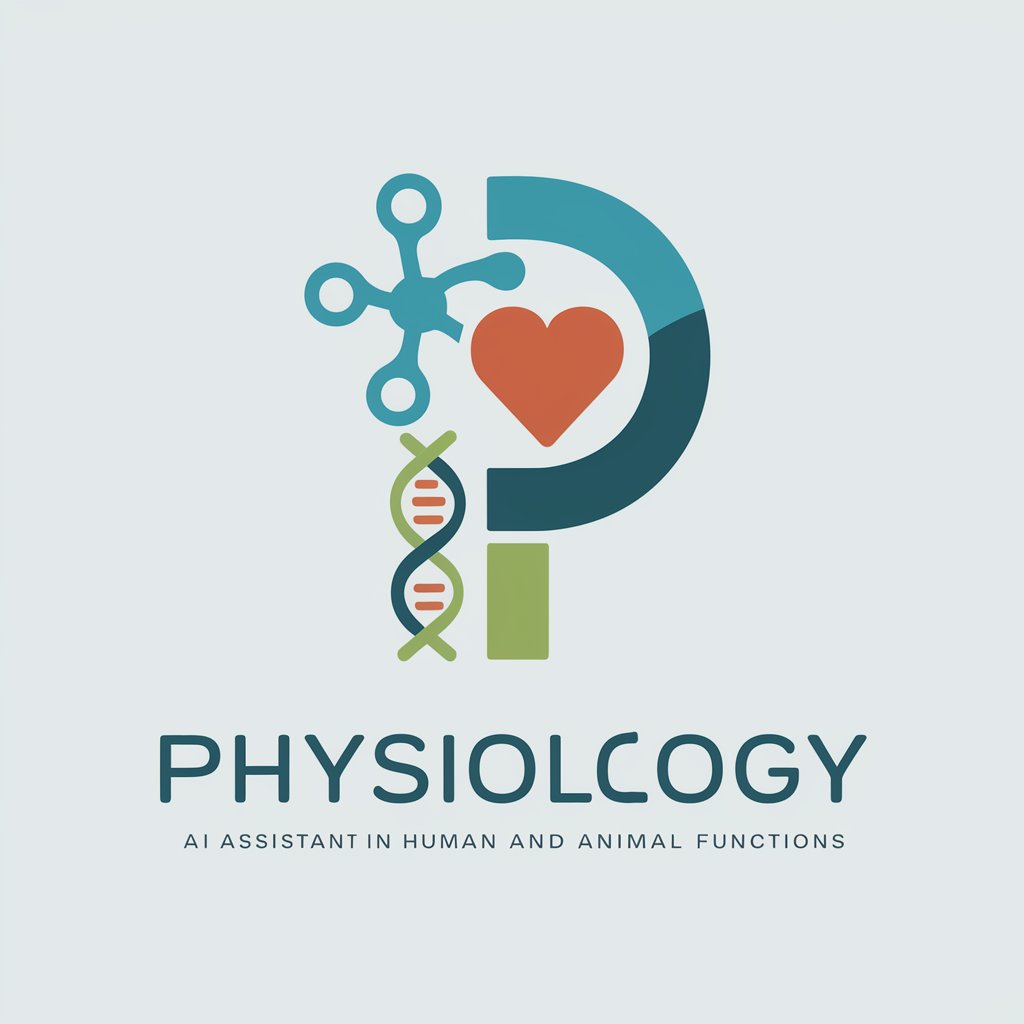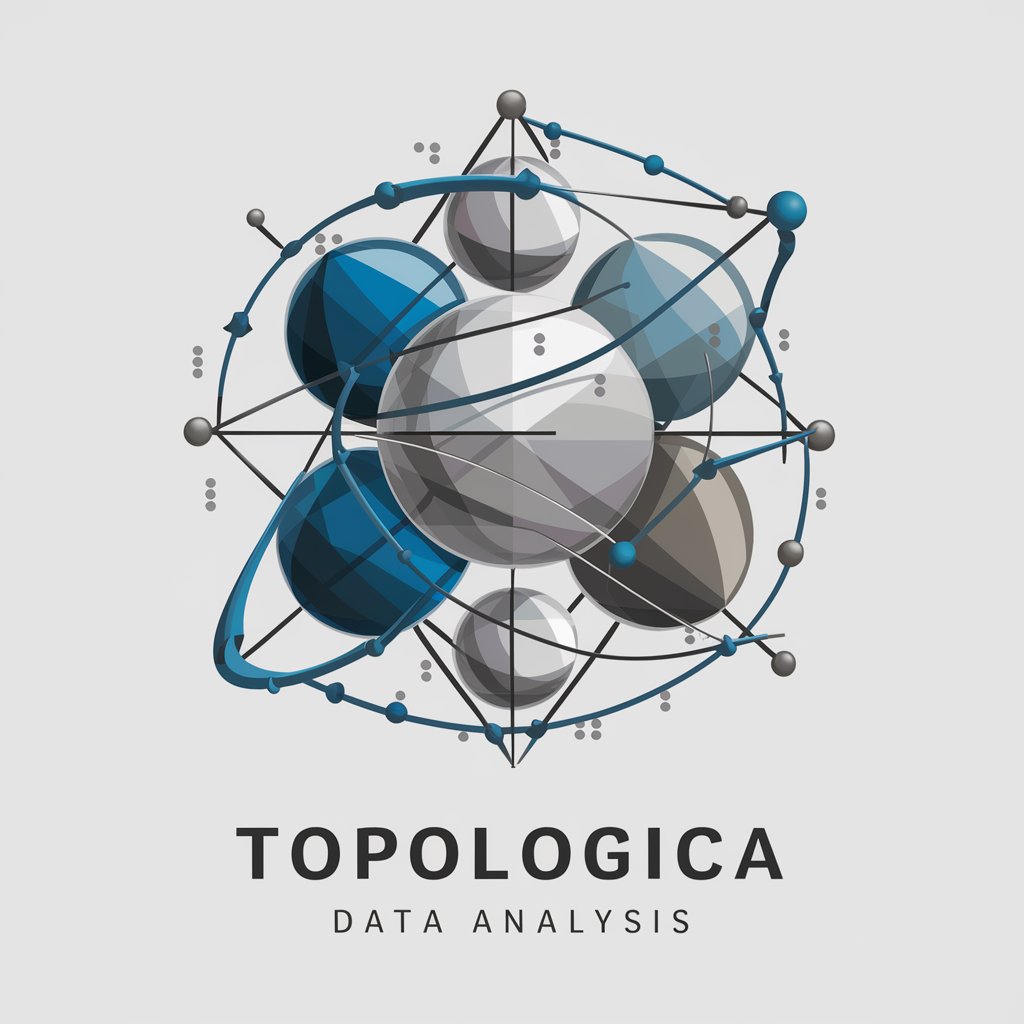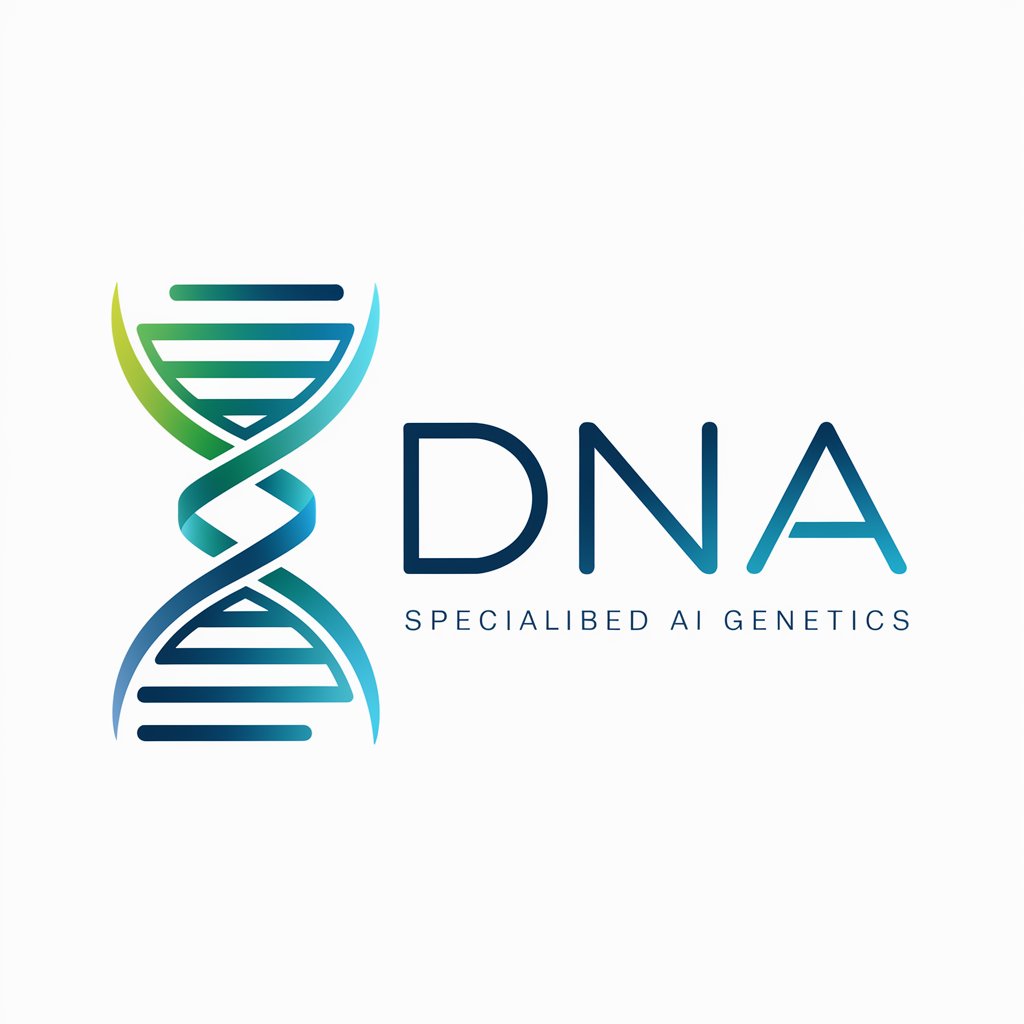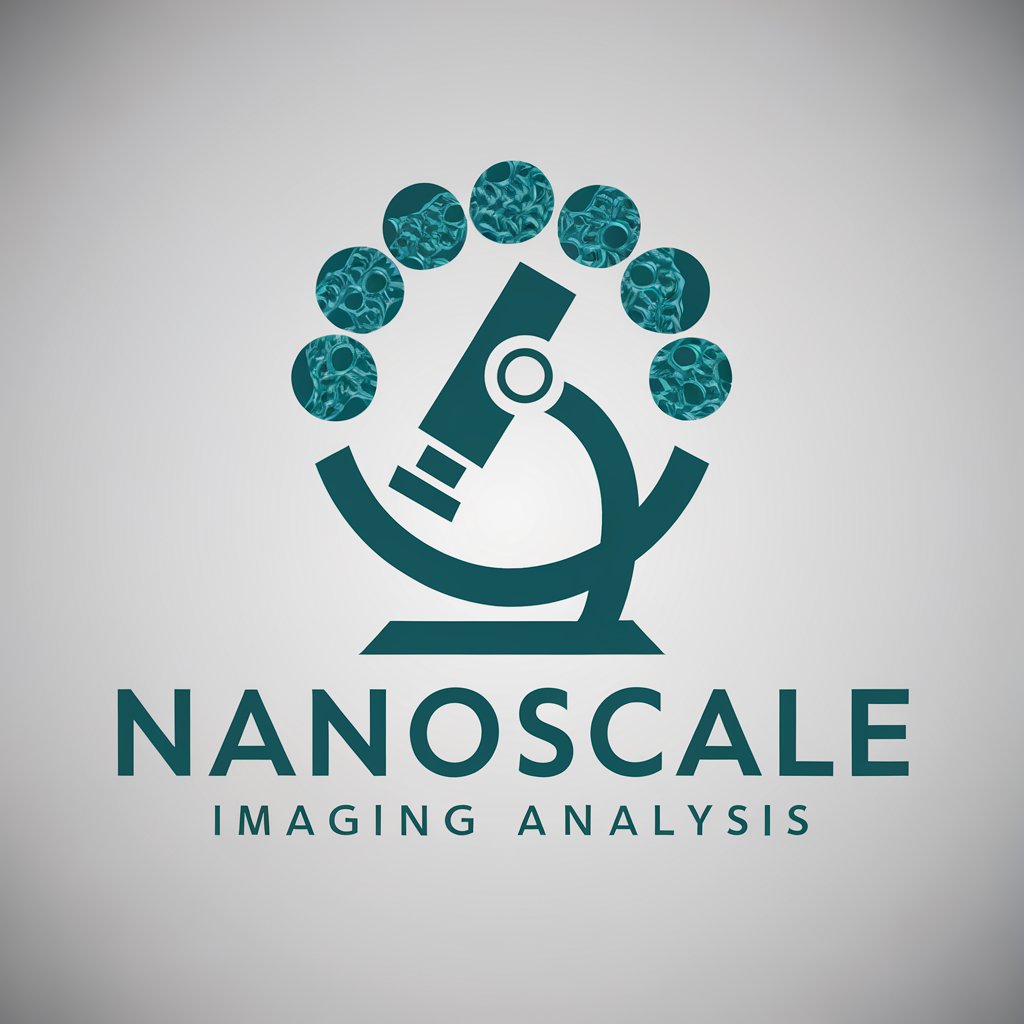8 GPTs for Biological Research Powered by AI for Free of 2026
AI GPTs for Biological Research are advanced computational tools designed to leverage Generative Pre-trained Transformers in the field of biology. These tools are specialized to understand, analyze, and generate biological data and insights, facilitating groundbreaking research and innovation. By harnessing the power of AI, these GPTs offer tailored solutions, enabling researchers to tackle complex biological questions with unprecedented efficiency and accuracy. Their adaptability makes them invaluable for predictive modeling, genetic analysis, protein structure prediction, and more, bridging the gap between vast data volumes and actionable insights.
Top 8 GPTs for Biological Research are: サードアイ操作マニュアル,Physiology,Topological Data Analysis,Eternal Sage,DNA,"Scale" Geoffrey West's book 978-0143110903,Nanoscale Imaging Analysis,Insect-Based Biomimicry for Technology Innovator
サードアイ操作マニュアル
Harness AI for Precision Health Diagnostics

Physiology
Unlocking the secrets of life with AI

Topological Data Analysis
Unveil Data's Hidden Geometry

Eternal Sage
Revolutionizing Longevity Research with AI

DNA
Unlocking the secrets of DNA with AI

"Scale" Geoffrey West's book 978-0143110903
Decoding Complexity with AI

Nanoscale Imaging Analysis
Unveiling the Microscopic, Powering Discovery

Insect-Based Biomimicry for Technology Innovator
Harnessing nature's genius with AI

Unique Attributes and Functionalities
AI GPTs for Biological Research boast a range of unique features that cater specifically to the biological sciences. These include advanced natural language processing to interpret and generate scientific literature, data analysis capabilities for handling large datasets common in biological research, and image generation for visualizing complex molecular structures or biological processes. Moreover, their adaptability allows for customization across various research needs, from deciphering genetic codes to predicting disease outcomes. Specialized features may also encompass technical support for integrating with laboratory systems, web searching for the latest studies, and providing concise summaries of voluminous research papers.
Who Benefits from AI GPTs in Biology
The primary beneficiaries of AI GPTs for Biological Research include researchers, educators, and students within the biological sciences, extending to interdisciplinary fields such as bioinformatics and biotechnology. These tools are designed to be accessible to novices without coding experience, offering intuitive interfaces and guided functionalities. Simultaneously, they provide advanced customization options for developers and professionals with programming skills, making them versatile for both educational purposes and cutting-edge research.
Try Our other AI GPTs tools for Free
Research Inspiration
Discover how AI GPTs for Research Inspiration can transform your research process with advanced AI technology, offering creative insights, solutions, and comprehensive support across various domains.
Compliance Education
Discover AI-powered GPT tools designed for Compliance Education, offering tailored learning, risk analysis, and regulatory updates to enhance organizational compliance.
Code Creation
Discover how AI GPTs for Code Creation can revolutionize your coding experience, offering personalized assistance, error detection, and automatic code generation to enhance productivity and learning.
Travel Mementos
Discover how AI GPTs for Travel Mementos can transform your travel experiences with personalized narratives, itineraries, and photo captions, making travel documentation effortless and engaging.
Pet Fashion
Discover the power of AI GPTs in transforming the pet fashion industry. These tools offer innovative design, trend analysis, and market insights to elevate your pet fashion game.
AI Portraits
Explore the transformative world of AI GPTs for AI Portraits, designed to innovate portrait creation and analysis with advanced AI technologies. Ideal for artists, researchers, and enthusiasts.
Expanding Horizons with AI in Biology
AI GPTs for Biological Research not only offer sophisticated tools for data analysis and interpretation but also pave the way for innovative approaches to understanding biological complexities. Their integration into existing research workflows enhances productivity and fosters collaboration across disciplines. Furthermore, user-friendly interfaces ensure that these advanced technologies are accessible to a broad audience, democratizing the use of AI in science and education.
Frequently Asked Questions
What exactly are AI GPTs for Biological Research?
They are AI-driven tools using Generative Pre-trained Transformers tailored for analyzing, understanding, and generating biological data, facilitating research and innovation in biology.
How can AI GPTs transform biological research?
By offering tailored analytics and predictive modeling, these tools accelerate research, enhance data interpretation, and enable the visualization of complex biological phenomena, leading to faster and more accurate results.
Are these tools suitable for those without a background in programming?
Yes, they are designed with user-friendly interfaces that require no programming knowledge, making them accessible to a wide range of users interested in biological research.
Can AI GPTs be customized for specific research needs?
Absolutely. They offer extensive customization options for users with programming skills, allowing them to tailor the tools to specific research questions or data types.
What kind of biological data can AI GPTs analyze?
These tools are capable of analyzing a broad spectrum of biological data, including genetic sequences, protein structures, and cellular imagery, among others.
How do AI GPTs keep up with the latest biological research?
They incorporate web searching capabilities and continuous learning mechanisms to stay updated with the most recent scientific literature and research findings.
Can AI GPTs for Biological Research generate scientific literature?
Yes, they can generate coherent and contextually relevant scientific literature, including research papers, summaries, and even hypotheses, based on the input data and queries.
What makes AI GPTs unique in the context of biological research?
Their ability to process and analyze complex biological data with high efficiency, generate meaningful insights, and provide tailored solutions for a wide range of research questions distinguishes them in the field of biological research.